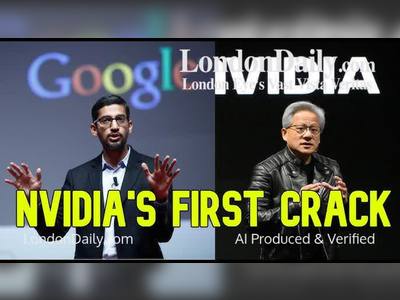Warner Music Group Drops Suit Against Suno, Launches Licensed AI-Music Deal
(WMG) has formally settled its copyright-infringement lawsuit against the artificial-intelligence music platform , and announced a new licensing agreement that permits Suno to build “licensed AI” music models.
The deal, disclosed on November 25, 2025, marks WMG as the first major label to pivot from litigation to collaboration.
Under the accord, Suno will phase out its existing unlicensed music-generation models and, beginning in 2026, deploy new models trained only on music provided under license.
Only artists and songwriters who opt in will have their compositions, voices, images, or likenesses used — giving them control over how their creative work is employed.
Additionally, the companies said the agreement will change how Suno’s end users interact with AI-generated music: free-tier users will retain play and share functionality, but will no longer be able to download tracks.
Paid-tier subscribers will be allowed downloads — subject to monthly caps — and may incur additional fees for extra downloads beyond those limits.
The deal comes after WMG recently reached a comparable settlement with another AI-music company, Udio, shifting the firm toward licensed, subscription-based music creation services scheduled to launch in 2026.
Meanwhile, Suno — now valued at approximately US$ 2.45 billion following a US$ 250 million funding round — says the new partnership will enable “next-generation” licensed models, expand creative tools, and open fresh revenue streams for artists and songwriters.
For WMG executives, the agreement represents a tactical reappraisal of AI’s arrival in music.
As WMG’s chief executive Robert Kyncl put it, the deal shows that AI “becomes pro-artist when it adheres to our principles: licensed models, fair value, and opt-in control for creators”.
:contentReference[oaicite:9]{index=9} Yet the move has drawn a mixed response.
Some musicians and cultural commentators argue the deal risks normalising AI-manufactured music at the expense of human creativity.
Others warn that if most artists decline to opt in, Suno’s performance could suffer — depriving users of the large, diverse catalogs their AI models once accessed.
Nevertheless, industry watchers see the settlement as a potential turning point.
After a year of high-stakes litigation, WMG’s decision to cooperate signals a broader shift: major labels may be ready to accept AI as part of music’s future — on their terms.
Whether this model preserves artistic integrity while harnessing AI’s power remains to be seen, but for now, the partnership stands as a bold experiment in reconciling copyright protection with technological innovation.









